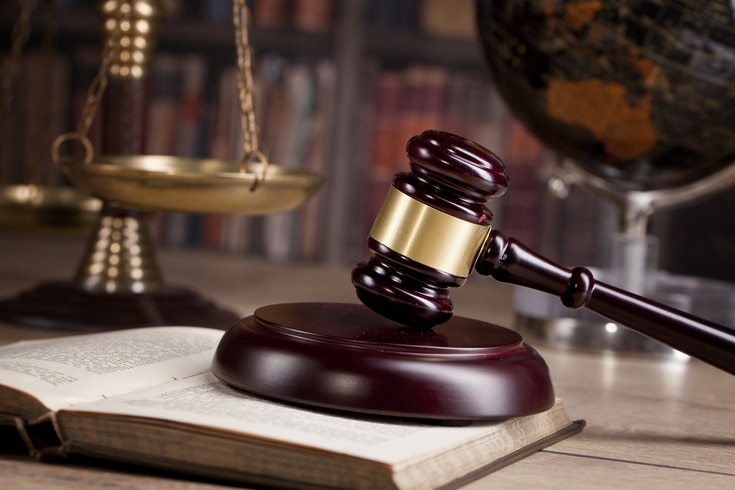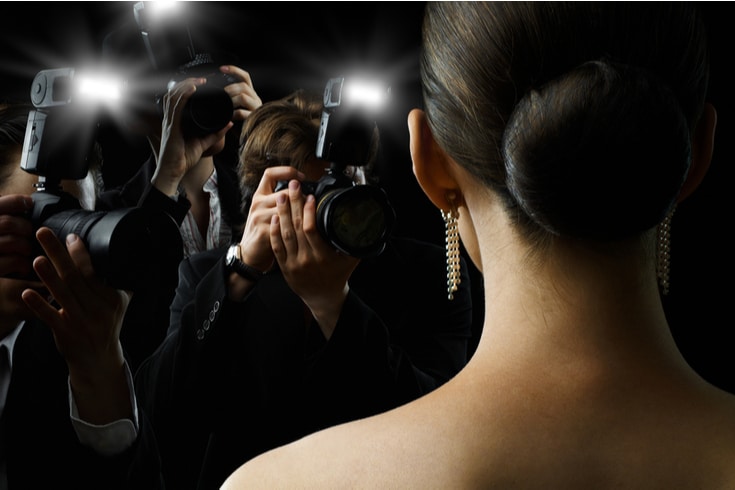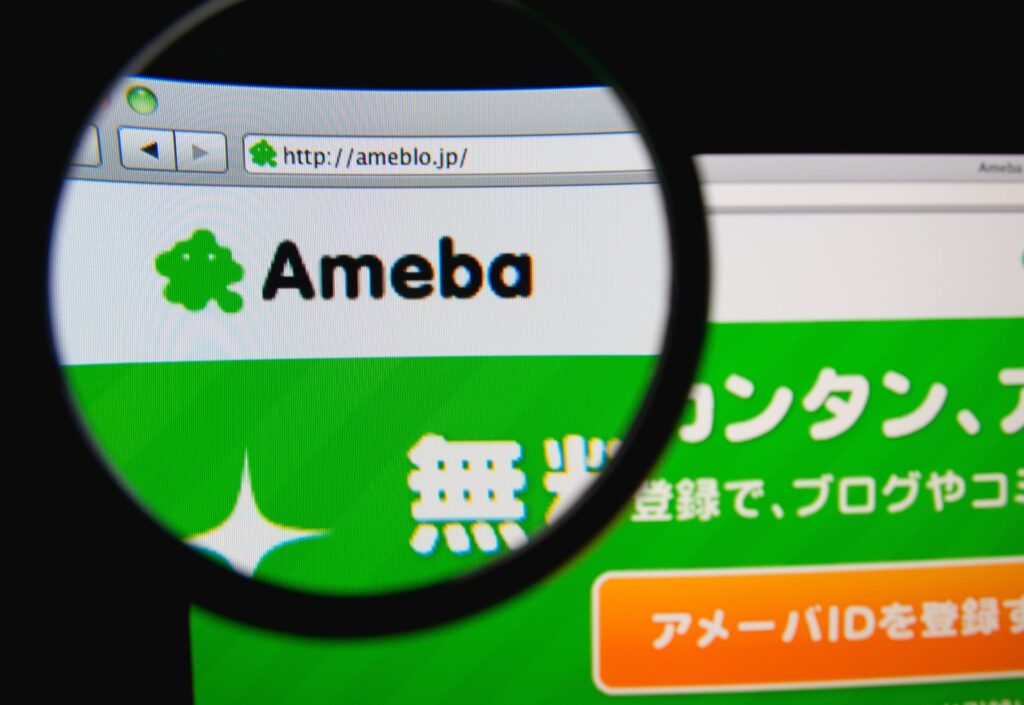What are the Legal Considerations in the Business Model of VTuber Activities?

In recent years, the profession of a YouTuber has rapidly gained popularity. YouTubers create and post their own videos on YouTube, earning advertising revenue based on the number of views.
Among YouTubers, there are those who are not real people, but use 2D or 3D characters, avatars, or animations to deliver videos. These are known as ‘Virtual YouTubers’, or VTubers for short.
Because VTubers involve various elements such as video production using characters, their business models are complex, and there are many laws involved.
In this article, we will explain the laws to be aware of in the business model of VTuber activities.
What is YouTube?
YouTube is the world’s largest video sharing site, provided by Google LLC.
In Japan, it has rapidly gained popularity over the past few years, and the profession of being a YouTuber has become very popular.
YouTube allows you to earn revenue through means such as placing ads on your videos, provided you meet the minimum requirements of having over 1,000 channel subscribers and over 4,000 hours of video playback per year.
Laws Related to VTuber Activities

The laws that may be relevant to VTuber activities are primarily the Japanese Civil Code and Copyright Law.
Tort Law
Firstly, the relationship with Article 709 of the Japanese Civil Code (Tort Law) becomes an issue.
(Damages for Tort)
Article 709 of the Japanese Civil Code
A person who has intentionally or negligently infringed the rights of others or legally protected interests of others shall be liable to compensate for the damage caused by the infringement.
If a VTuber infringes on others’ portrait rights, publicity rights, privacy rights, or copyrights through video posting, etc., they may be responsible for damages.
Portrait Rights
Portrait rights refer to the right not to have one’s appearance or face photographed, or to be disclosed without the individual’s consent.
Although not explicitly stipulated by law, it is a right recognized by the following Article 13 of the Japanese Constitution, which stipulates the right to pursue happiness, and is a right established from precedents.
All nationals shall be respected as individuals. Their right to life, liberty, and the pursuit of happiness shall, to the extent that it does not interfere with the public welfare, be the supreme consideration in legislation and in other governmental affairs.
Article 13 of the Japanese Constitution
Since individuals are granted portrait rights, if a VTuber includes the appearance or face of an individual in a video posted on YouTube, they may be sued for damages for infringing on portrait rights.
Publicity Rights

Publicity rights are rights granted to celebrities such as entertainers and athletes, and refer to the rights related to the customer attraction power that the celebrity possesses.
If you use images or footage of celebrities without permission in your videos, you may be sued for damages for infringing on publicity rights by their management agencies, etc.
Privacy Rights
In relation to the business model of VTuber activities, privacy rights can be considered as the right not to have matters of private life indiscriminately disclosed.
If you disclose matters related to the privacy of a specific individual without consent in your videos, you may be sued for damages for infringement of rights.
Copyright

Copyright on Characters and Animations
The copyright of the character images, 3D models, and animations used by VTubers, in principle, belongs to the creators of those character images, 3D models, and animations.
However, it’s a bit tricky, but “characters” themselves do not generate copyright. Copyright is generated for images or 3D models created for a “character”. There is a famous judgment regarding “Popeye” in this regard, although it is not a VTuber.
Under the Copyright Law, a work is defined as “a creative expression of thoughts or feelings” (Article 2, Paragraph 1, Item 1 of the same law), and in a serialized manga with a one-story complete format where a character with certain names, appearances, roles, etc. is repeatedly depicted, each episode of the manga in which the character is depicted is a work, and it is not possible to say that the so-called character of the right character is a work apart from the specific manga. However, what is called a character is an abstract concept that can be said to be the personality of a character that has been sublimated from the specific expression of a manga, and it is not a specific expression itself, and it cannot be said to be a creative expression of thoughts or feelings.
Supreme Court Judgment of July 17, 1997 (Heisei 9)
In other words, the abstract concept of a “character” such as “Popeye, a man in a sailor suit who gets superhuman power by eating spinach” is not subject to copyright protection. Copyright is generated for each specific picture (or 3D model in the case of VTubers).
This issue arises when multiple people are involved in the creation of a VTuber. For example,
- Mr. A is in charge of the basic setting for the VTuber (the part like “a character in a sailor suit who gets superhuman power by eating spinach” in the case of Popeye) and the original picture at the initial stage
- Mr. B decides the actual design based on Mr. A’s original picture
In such cases, whether the copyright for the VTuber character belongs to Mr. A’s side can be a very delicate issue.
Furthermore, in cases where a VTuber is affiliated with an agency, the copyright may belong to the agency due to contractual relations. It is necessary to clarify this in the contract in advance.
Copyright on Videos
As for the copyright of the created videos, in principle, the video producer holds the rights, but there may be a contract stipulating that the rights belong to the affiliated agency. Similarly, it is necessary to pay attention to the contents of the contract.
Copyright on Photos, Images, or Music, etc.
When using photos, images, music, etc., owned by others in the video being produced, in principle, permission must be obtained from the rights holders of the photos, images, music, etc., for their use in the video being produced.
Summary: Consult Lawyers for Legal Support in Vtuber Activities and Business Model Relating Copy Rights, Portrait Rights, Publicity Rights and so on…
We have explained the laws that should be noted in the business model of VTuber activities.
In VTuber activities, it is necessary to fully understand the relevant laws to avoid trouble.
If you violate the law and infringe on rights, even if you have no ill intentions, there is a possibility that you may be subject to a claim for damages. Additionally, there is also a risk that your YouTube account may be suspended or you may lose the ability to monetize.
Regarding the laws that should be noted in the business model of VTuber activities, because specialized legal knowledge is required, we recommend consulting with a law firm.
Category: Internet





















